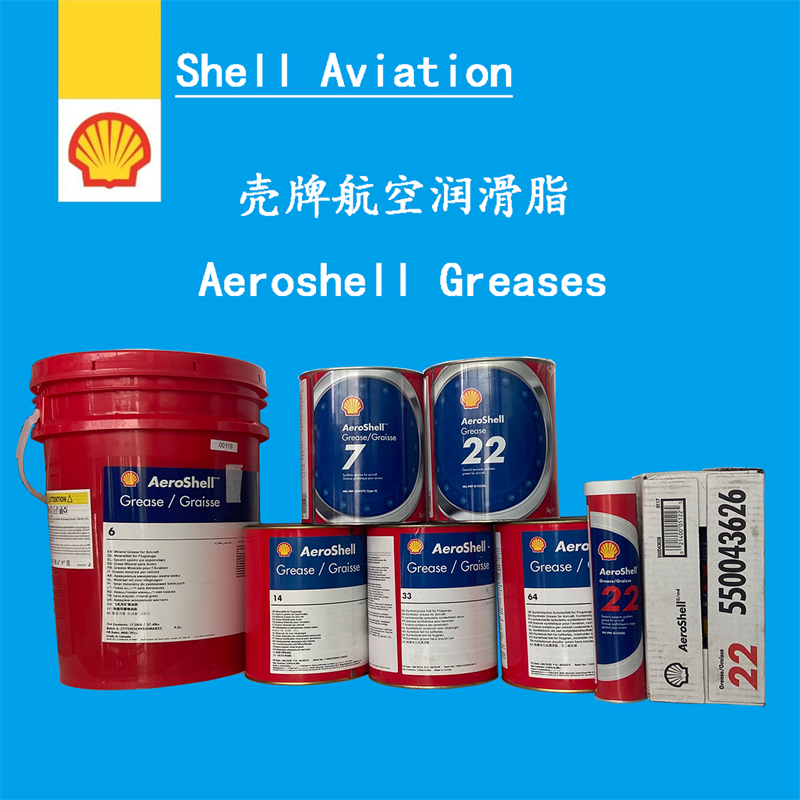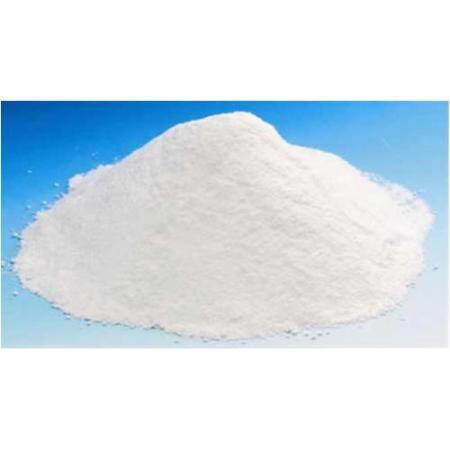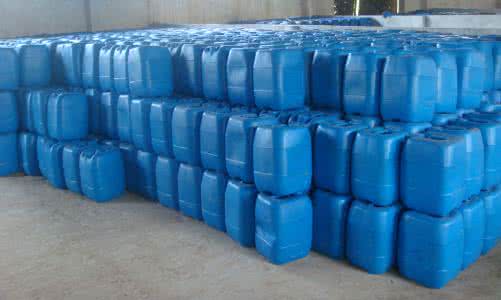 13654217679
13654217679




Aeroshell GREASES
ABOUT GREASES
The definition of a grease is "A solid or semi-solid lubricant comprising a dispersion of
a thickening agent in a liquid lubricant to which various additives have been added to
improve particular properties".
So how is a grease made?
All greases consist basically of a base oil, a thickener (essentially a lattice which gives
the stable semi solid consistency) and performance improving additives. Varying
these three basic ingredients leads to different greases suitable for a vast range of
applications. However, in broad terms, a typical grease would consist of about 80% -
90% base oil, 10% - 15% thickener and about 5% - 10% additives.
When they are used as lubricants, greases behave like oils in many ways. They
reduce friction by providing a film which separates moving surfaces and it is actually
oil that carries out this lubrication rather than the grease itself. However, unlike oils,
greases have the advantage that they tend to stay where they are put.
They are less likely than oils to leak out of a machine and less likely to flow away from
the surface that they lubricate under the effect of gravity or centrifugal forces. At the
same time, and this can be significant in many airframe applications, greases can
form an effective seal against moisture and solid contaminants.
Within the aviation industry, there are many grease lubricated applications covering
a very wide range of performance requirements. Those requirements are being
increasingly stretched through new technology developments and extended service
intervals.
Many different grease formulations have been developed to meet specific
requirements. One of Shell's recent objectives, as a major supplier of aviation
greases, has been the development of wide performance range products where a
single grease can cover a multitude of applications.
Greases, depending on the thickening agent, are broadly classified as either soap-
based or non-soap-based. The soap-based greases include, for example, aluminum,
calcium, sodium or lithium soaps; the non-soaps silica gel, clay and substituted urea.
181
The low melting points and water solubility of some soap greases limit their
usefulness. As a result alternative thickening agents have been developed – soap-
complex thickened greases, and non-soap greases with a much higher or no melting
point. These thickening agents were developed for greases needing superior high
temperature performance characteristics. Shell's search for thickeners without the
limitations of the simple soap-type, led to a family of proprietary technologies
including our 'Microgel ® ' and Lithium-Complex systems.
Microgel ® greases rely on an inorganic grease thickening agent, based on hectorite
clay, which has several advantages over simple soap-type thickeners. It provides the
AeroShell greases in which it is used with excellent physical properties, as shown
below. Those properties make them particularly suitable for multi-purpose as well as
specialised applications.
1. No melting point, within any conceivable temperature range for aircraft greases.
2. Very little change in consistency with variation in temperature.
3. Extremely good load carrying ability without the need for extreme pressure
additive.
4. Excellent water resistance due to the use of tenacious waterproofing agents
developed by Shell.
5. Low oil separation or 'bleeding', because of the high gelling efficiency.
During recent years, the number of greases required for aircraft
lubrication/maintenance has been reduced by more extensive use of multi-purpose
greases. However, because of commercial and technological limitations, special
greases are still required. Most aircraft grease requirements are covered by the
products in the AeroShell grease range.
To minimise the number of greases required per aircraft, the most widely used
specification in the aviation industry today is the general purpose grease to MIL-PRF-
23827.
In the early 2000's the Boeing Company introduced a multi-purpose grease
specification (BMS 3-33) to replace many of the different greases previously required
in support of Boeing aircraft. This has led to the development of the accompanying
specification SAE AMS3052. The only grease to meet the most challenging set of
requirements of the initial BMS 3-33A specification has been AeroShell Grease 33.
182
This ground breaking grease, based on a Lithium-Complex thickener system, has a
superior capacity to accommodate a wide range of proprietary performance
additives. This thickener system now forms the basis for future grease developments in
the AeroShell grease family.
Detailed information for each AeroShell grease is given in this section.
化工园区 | 中国化工制造网 | 化工原料网 | 化工资源网 | 洛克化工网 | 华夏化工网 | 化工网-化工综合服务商 | 化工网交易中心 | 中国是有和化工网 | 勤加缘化工网 | 山东化工网 |